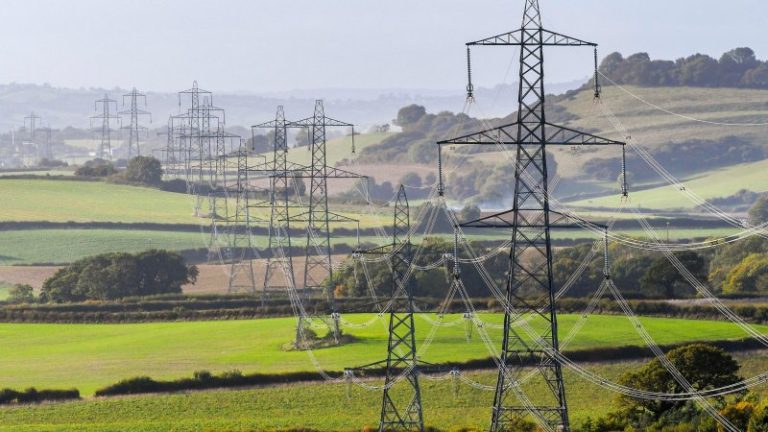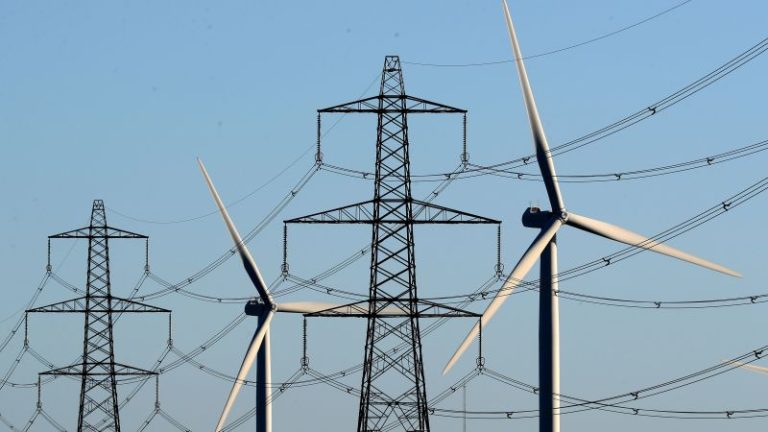The Times view on prepayment meters: Cold Comfort
The forcible imposition by British Gas of prepayment meters upon highly vulnerable customers — exposed by an undercover Times investigation in February this year — was widely acknowledged as a scandal. Grant Shapps, then energy secretary, dubbed it “abhorrent”. Chris O’Shea, the chief executive of Centrica, which owns British Gas, expressed “horror” at the “completely unacceptable” practices. Court warrants allowing debt collectors to break into homes and fit meters were temporarily suspended. The industry regulator Ofgem brought in new rules to protect the elderly and the very young, among others, from the grim possibility that, once the money for the meter ran out, their gas and electricity might be cut off, and their household plunged into cold and darkness.
Already, however, there are worrying signs that the energy industry has not learned the lessons. Two weeks ago, in a pilot effort to establish best practice in such cases, a judge signed off 124 warrants allowing ScottishPower to force-fit prepayment meters in customers’ homes. It was clear, he said, that the company understood its responsibilities under the new code, even though Ofgem had not yet allowed such installations to resume.
Unfortunately, greater scrutiny did not bear out the judge’s faith. In 20 of the cases, a ScottishPower debt agent gave the court detailed assurances that, to its knowledge, the customers were not from any of the vulnerable categories in which forced installation is banned. Such groups include over-75s living alone and those with children under two years old. But a new Times investigation has found that — of the small number who were contactable — two in fact did have children under 24 months. ScottishPower has now cancelled the two warrants in question, and Claire Coutinho, the energy security minister, has held meetings with both ScottishPower and Ofgem.
The wider implications bear urgent consideration. Even in this test case, in which all involved might have been expected to act with maximum probity, in at least two instances the warrants should not have been pursued or granted. One involved Fernanda Santibanez, mother of a newborn and a three-year-old, who was unaware of the ban on forcibly installing meters in homes such as hers. Instead she was chiefly preoccupied with how to keep her children warm this winter in the likely absence of power. She and her partner, who works in a warehouse, simply do not have the income to cover the rising cost of their basic expenses. This will be the story of many British households this winter, as it was in the last: glimpses of quiet desperation, worthy perhaps of the pen of Dickens, but more often conveyed through a coldly bureaucratic blizzard of final demands and court orders.
It is inevitable that warrants for force-fitted prepayment meters will eventually be reintroduced: energy companies cannot be expected to let bad debt accumulate in perpetuity. But in any civilised society — particularly one in which energy companies have recently enjoyed record profits — nor can the most vulnerable citizens simply be placed at the mercy of the market, risking their health in the process. In future both debt agencies and energy companies must be compelled explicitly to inform customers of their potential exemption under the new rules. The court pilot was meant to put a freshly reformed industry to the test. Yet again, sadly, the industry failed.






